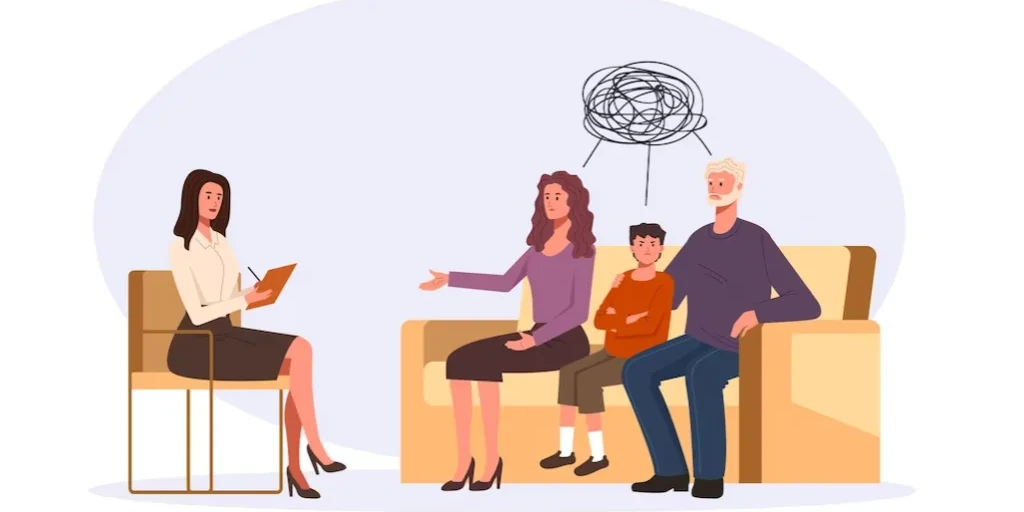24/7 Helpline:
(866) 899-111424/7 Helpline:
(866) 899-1114
Learn more about Depression Treatment centers in Beaverton
Depression Treatment in Other Cities

Other Insurance Options

Lucent

Carleon

MHNNet Behavioral Health

Providence

Amerigroup

Group Health Incorporated

BlueCross

Medical Mutual of Ohio

State Farm

Meritain

Kaiser Permanente

CareSource

Ambetter

Coventry Health Care

Ceridian

Optum

PHCS Network

GEHA

Magellan Health

Regence

Sequoia Mental Health Services
Sequoia Mental Health Services is a behavioral health rehab facility in Beaverton, OR for men and wo...

Western Psychological and Counseling Services – Building B
Western Psychological and Counseling Services provides mental health and substance abuse outpatient ...

Western Psychological and Counseling Services – Building A
Western Psychological and Counseling Services provides mental health and substance abuse outpatient ...

Cornell West
Cornell West is an outpatient facility that offers mental health treatment for individuals, couples,...











Central Michigan Counseling
Central Michigan Counseling is a private rehab located in Beaverton, Michigan. Central Michigan Coun...

Center of Excellence in Co Occurring Medicine
Center of Excellence in Co Occurring Medicine is a private rehab located in Beaverton, Oregon. Cente...

ChangePoint
ChangePoint is a private rehab located in Beaverton, Oregon. ChangePoint specializes in the treatmen...

Youth Contact
Youth Contact is a private rehab located in Beaverton, Oregon. Youth Contact specializes in the trea...








